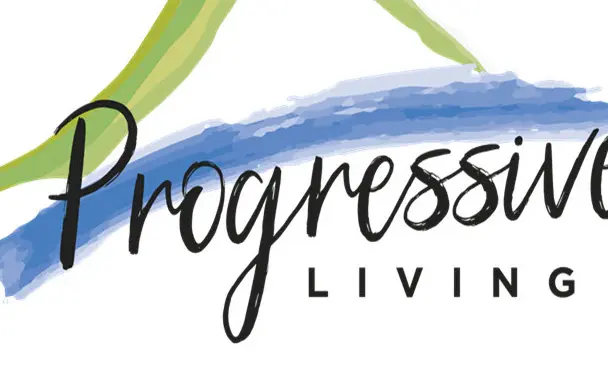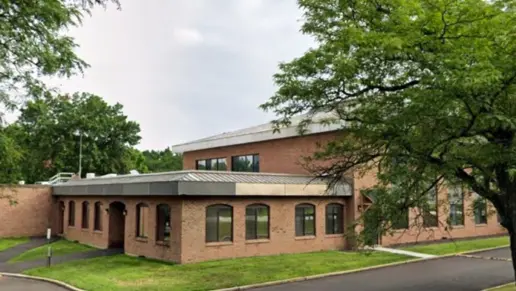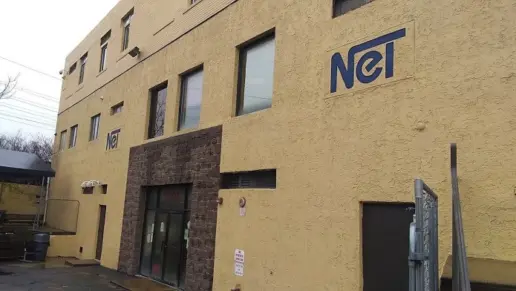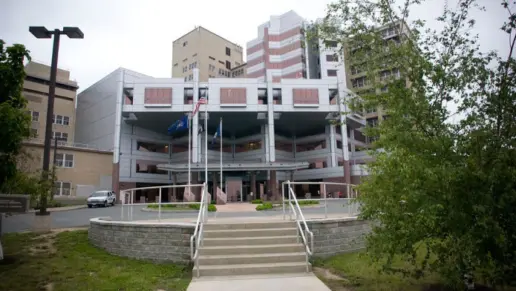About Progressive Living
Progressive Living provides well-structured addiction recovery homes for men and women 18 and over that are ready to get sober from drug & alcohol abuse. We feature locations throughout Pennsylvania, including Bristol, Levittown and Morrisville, PA. We also have an independent sober living home nearby in Ewing, New Jersey.
Progressive Living provides well-structured addiction recovery homes for men and women 18 and over that are ready to get sober from drug & alcohol abuse. We feature locations throughout Pennsylvania, including Bristol, Levittown and Morrisville, PA. We also have an independent sober living home nearby in Ewing, New Jersey.
Our structured recovery housing is a complement to PHP and IOP treatment programs at several nearby drug rehab centers. Those who come to us with 30 or more days clean & sober are able to utilize us as more of a sober living home environment.
Rehab Score
Location
Location
Addiction Treatments
Levels of Care
Treatments
Substance rehabs focus on helping individuals recover from substance abuse, including alcohol and drug addiction (both illegal and prescription drugs). They often include the opportunity to engage in both individual as well as group therapy.
Programs

Clinical Services
Research clearly demonstrates that recovery is far more successful and sustainable when loved ones like family members participate in rehab and substance abuse treatment. Genetic factors may be at play when it comes to drug and alcohol addiction, as well as mental health issues. Family dynamics often play a critical role in addiction triggers, and if properly educated, family members can be a strong source of support when it comes to rehabilitation.
In individual therapy, a patient meets one-on-one with a trained psychologist or counselor. Therapy is a pivotal part of effective substance abuse treatment, as it often covers root causes of addiction, including challenges faced by the patient in their social, family, and work/school life.
Life skills trainings involve all the skills a person must have in order to function successfully in the world. These include time management, career guidance, money management, and effective communication. Truly successful addiction recovery is based on the ability to not only live substance-free, but to thrive. Life skills teaches the practical necessities of functioning in society, which sets clients up for success in life, and therefore sobriety.
Accreditations

The Joint Commission, formerly known as JCAHO, is a nonprofit organization that accredits rehab organizations and programs. Founded in 1951, the Joint Commision's mission is to improve the quality of patient care and demonstrating the quality of patient care.
Joint Commission Accreditation: Yes
Contact Information
310 Frosty Hollow Rd
Levittown, PA 19056



